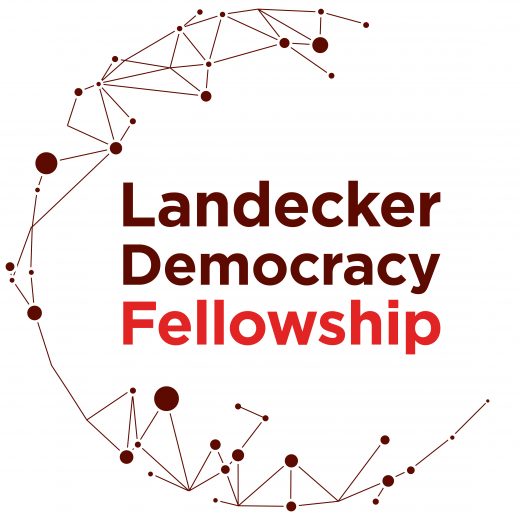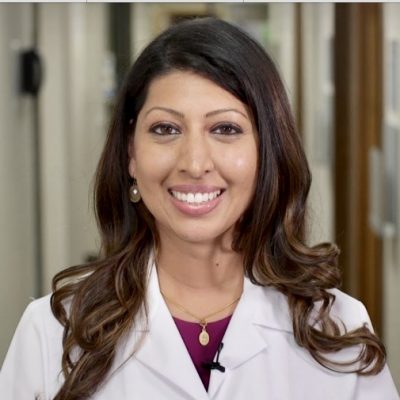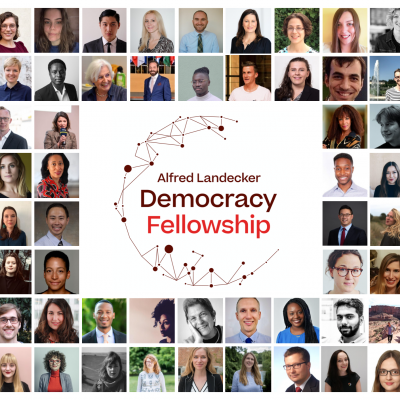Article
 Asha Shajahan, MD, MHSA is a primary care physician, the Graduate Medical Education Director of Social Equity and Health Disparities at Beaumont Health and the Medical Director of Community Health at Beaumont Hospital, Grosse Pointe in the USA. She serves as an assistant professor at Oakland University William Beaumont School of Medicine in the U.S. She completed a media and medicine program at Harvard University and a faculty fellowship in underserved populations at the University of California, San Diego. Her interest in health policy led her to intern for Carl Levin, a former United States Senator in Washington DC and Jennifer Granholm, a former Governor, for whom she worked to augment healthcare access for the uninsured. She volunteers at several underserved and homeless clinics and non-profits in the Detroit area. She is an advisor on Michigan Governor Gretchen Whitmer’s Implicit Bias Taskforce. As a podcaster, she believes in empowering people through the use of media. She co-hosts the award-winning healthcare podcast Beaumont HouseCall. She has written for several national news outlets like the Huffington Post and USA Today. Asha has also been featured in the Wall Street Journal and Modern Healthcare. She is a regular contributor to Michigan Bridge and American Kahani.
Asha Shajahan, MD, MHSA is a primary care physician, the Graduate Medical Education Director of Social Equity and Health Disparities at Beaumont Health and the Medical Director of Community Health at Beaumont Hospital, Grosse Pointe in the USA. She serves as an assistant professor at Oakland University William Beaumont School of Medicine in the U.S. She completed a media and medicine program at Harvard University and a faculty fellowship in underserved populations at the University of California, San Diego. Her interest in health policy led her to intern for Carl Levin, a former United States Senator in Washington DC and Jennifer Granholm, a former Governor, for whom she worked to augment healthcare access for the uninsured. She volunteers at several underserved and homeless clinics and non-profits in the Detroit area. She is an advisor on Michigan Governor Gretchen Whitmer’s Implicit Bias Taskforce. As a podcaster, she believes in empowering people through the use of media. She co-hosts the award-winning healthcare podcast Beaumont HouseCall. She has written for several national news outlets like the Huffington Post and USA Today. Asha has also been featured in the Wall Street Journal and Modern Healthcare. She is a regular contributor to Michigan Bridge and American Kahani.
“My Hippocratic oath is “do no harm.” Misinformation is adversely affecting people’s health and is a growing challenge for practitioners. It’s another war we are fighting in addition to the virus itself. Bringing medical providers into the fight can be a vital step to guiding patients away from medical misinformation.”
Learn more about Asha’s Landecker Democracy Fellowship project here.
Asha is also a 2021 – 2022 Detroit Grant Competition Recipient. The Detroit Grant gives $500 – $5000 to Humanity in Action Fellows and Senior Fellows that seek to address equity in Detroit by taking a community -centered approach to development there. Projects last 10- months and have tackled health disparities through vaccine information, combatted the digital divide through equitable internet access initiatives in Southwest Detroit, centered bus riders in regional transit dialogue and created sustainable workforce development programs for those with barriers to traditional employment. For more information on the grantees click here.
Updated February 2022




